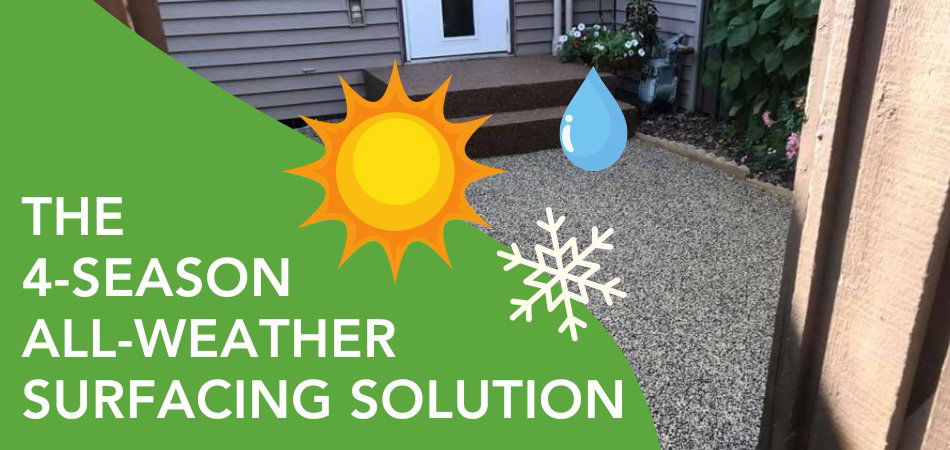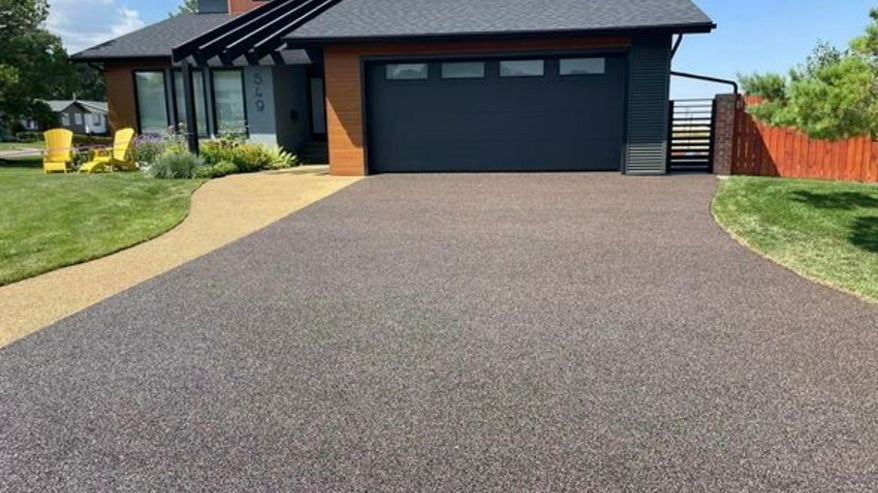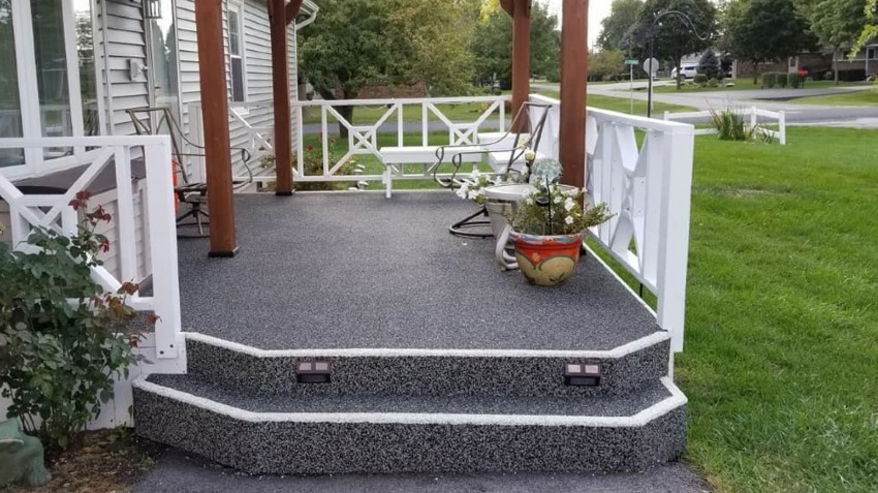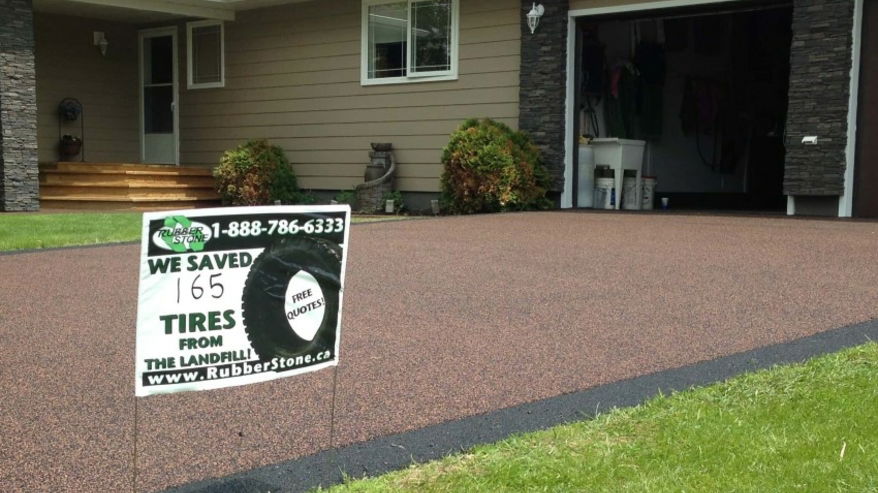
Are you tired of dealing with the hassles and limitations of traditional concrete or asphalt surfaces around your home or business in the North Atlanta area? Look no further than poured-in-place rubber surfacing - the innovative, all-weather solution that's taking the region by storm.
As a leading provider of top-quality poured-in-place rubber surfacing in Atlanta, Rubber Stone Atlanta knows exactly what it takes to transform your outdoor spaces into durable, long-lasting, and visually stunning masterpieces. In this article, we'll explore the many benefits that make poured-in-place rubber the best choice for your concrete or asphalt alternative, repair, or resurfacing needs.
Durability and Longevity of Rubber Surfacing
One of the primary advantages of poured-in-place rubber surfacing is its exceptional durability and longevity. Unlike traditional concrete or asphalt, which can crack, crumble, and deteriorate over time, poured-in-place rubber is designed to withstand the rigors of heavy foot traffic, vehicles, and even extreme weather conditions.
The secret lies in the high-quality, specialized rubber and epoxy formula used in the surfacing process. This durable material is not only resistant to cracks and chips but also maintains its structural integrity for years. Even in Atlanta's hot summers, cold winters, and unpredictable rainstorms, Rubber stands up better than any other surface out there. The fact that a rubber surface is flexible and resistant to cracking means there is less maintenance involved in keeping it looking great for decades.

Rubber Surfaces are Safer Surfaces
Safety should always be a top priority when it comes to choosing a surfacing option for your patio, pool deck, or even driveway, especially if you have children or elderly family members. Poured-in-place rubber surfacing excels in this area, providing a slip-resistant, shock-absorbing surface that can help prevent falls and minimize the risk of injury. Did you know that rubber surfacing is often referred to as "safety-surfacing" for this very reason?
The texture of poured-in-place rubber not only provides excellent traction but also cushions the impact of any falls, which makes it more ideal for pool decks, playgrounds, and other high-traffic areas. A rubber surface can also seamlessly combine multiple, uneven surfaces into a smooth, seamless finish that reduces trip hazards and improves accessibility for people with mobility challenges.

Environmentally Friendly Surface Choice
Whether you are an eco-fanatic or not, it's important to consider your impact on the environment around you, especially un urban areas. Poured-in-place rubber surfacing is more sustainable and environmentally friendly than concrete and asphalt. Sourcing materials for concrete and asphalt involves destroying ecosystems while the materials for rubber surfacing are man-made and recycled materials.
This alone reduces your overall impact but it doesn't stop there.
Concrete and asphalt driveways increases rainwater runoff. When this is coupled with a high population density and poorly maintained sewer and rainwater management systems, this leads to flash flooding and even erosion issues in some areas of Atlanta.
Rubber surfaces, on the other hand, are porous. This means that water seeps into the surface and slowly makes its way to the lowest point, reducing the amount of traveling and standing water.
Rubber surfacing typically comes from two sources - recycled tires, and EDPM rubber. The obvious benefit is keeping old tires out of landfills, while EDPM rubber is a synthetic rubber widely used across multiple industries.
But the benefits don't stop there. As we mentioned before, poured-in-place rubber surfacing is incredibly low-maintenance, requiring only annual cleaning and a re-sealing every 4-5 years. This means you can enjoy a beautiful, durable surface without the hassle of constant repairs or re-sealing, saving you time and money in the long run.

Cooler in the Summer, Warmer in the Winter
It's no secret that we can get some blazing hot summers here in Georgia and while our winters are typically mild, we have been known to have some cold days.
Rubber surfacing is perfectly suited for this type of weather. In the summer, rubber surfaces tend to stay cooler, especially the lighter colored surfaces. Concrete and asphalt on the other hand can reach temperatures hot enough to cook an egg. This makes surfaces made of rubber an ideal choice for outdoor spaces like pool decks.
Rubber surfacing works the opposite during cold days. It absorbs the suns heat and stays warmer longer than concrete and asphalt. This is especially important for places up north that see regular snow fall. Rubber driveways are typically the last to accumulate snow and the first to melt.
Make Your Next Surface Rubber Stone
Choosing rubber as an alternative to concrete or asphalt should be a no-brainer by now. It's just a better all around surface. If you're ready to cover an existing surface at your home or business in North Atlanta, then get in touch with us. We would be happy to give you an estimate and explain the pricing difference between concrete and Rubber Stone. We look forward to meeting you and talking about your project.

